Labour will become nothing more than a pressure group if Jeremy Corbyn is elected as party leader
Inside Westminster

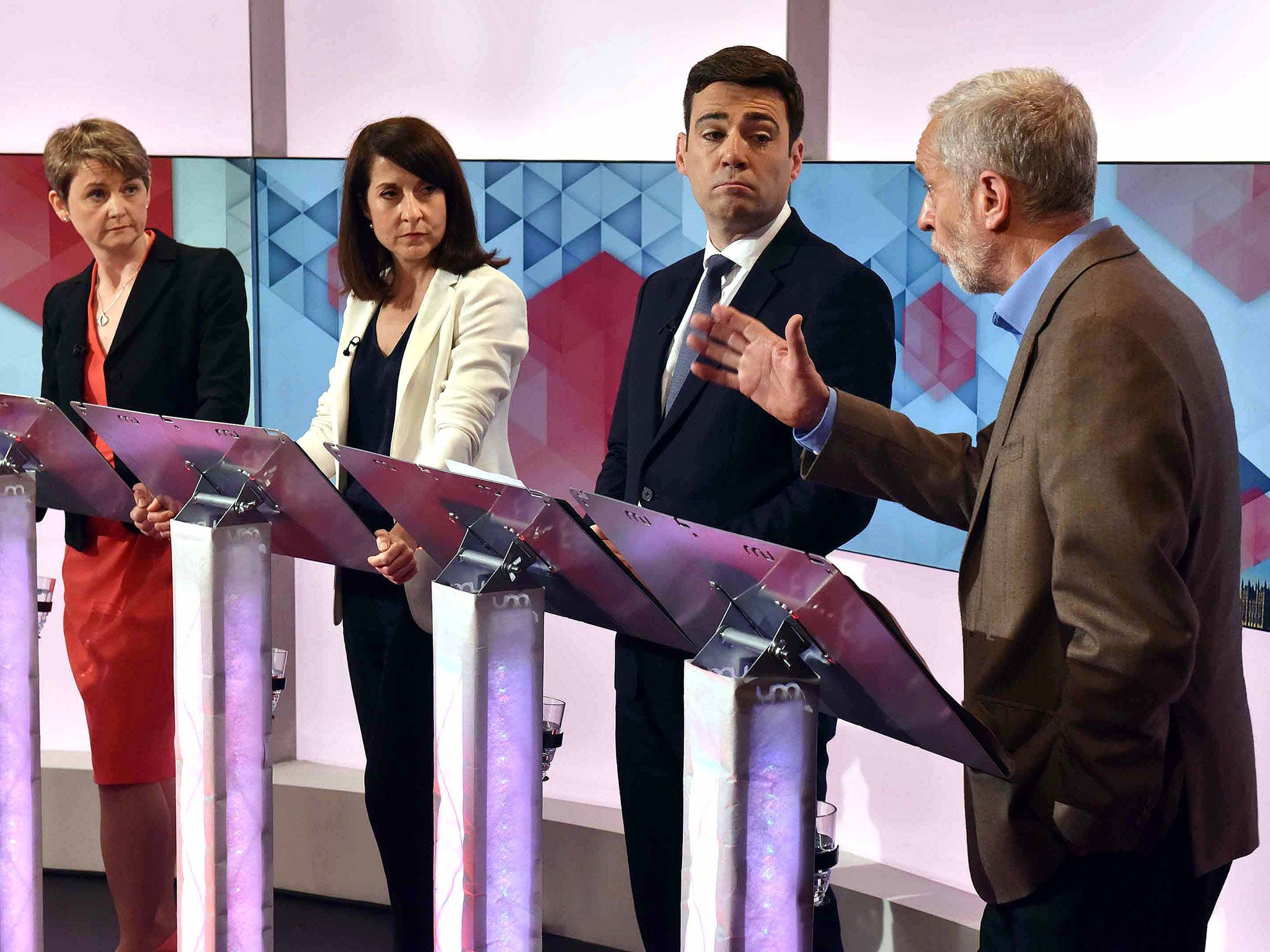
I remember my first encounter with Jeremy Corbyn well because it was the first time I attended a party conference. In 1981, he was the warm-up act for Tony Benn, chairing some of the fringe meetings where the darling of the hard left delighted his followers by offering them the pure milk of socialism.
I trailed Mr Benn around his packed meetings in Brighton; he was a brilliant, serious but funny speaker who could intoxicate his adoring audience – and, for a while, even sceptical journalists like me. It was the high water mark of the Labour left. Although Mr Benn lost the election for the party’s deputy leadership to Denis Healey by a whisker, the march of the left would soon provoke a split which saw Labour moderates quit to form the Social Democratic Party.
The views of Mr Corbyn have not changed at all since those days as a Benn disciple. His party, however, has changed a lot. He and his allies were marginalised by Neil Kinnock, who they branded “Judas” for not supporting Mr Benn’s deputy leadership bid and who succeeded Michael Foot as leader in 1983. When Mr Benn stood for the leadership in 1988, he won 11 per cent to Mr Kinnock’s 89 per cent.
After four successive general election defeats, many Labour members were prepared to swallow Tony Blair’s unpalatable modernising medicine. Mr Blair kept his foot on the left’s throat while it was down and out. Mr Corbyn and a diminishing band of 20-30 MPs kept the red flag flying but enjoyed no influence. Many left-wing Labour members drifted away, an exodus increased by the disastrous Iraq War and the inevitable compromises of 13 years in power.
Now they are back – literally. Long-standing Labour MPs spot left-wing faces at local constituency meetings they have not seen for 20 years. “We thought we had killed them off,” one Blairite MP told me, “but they were just dormant.”
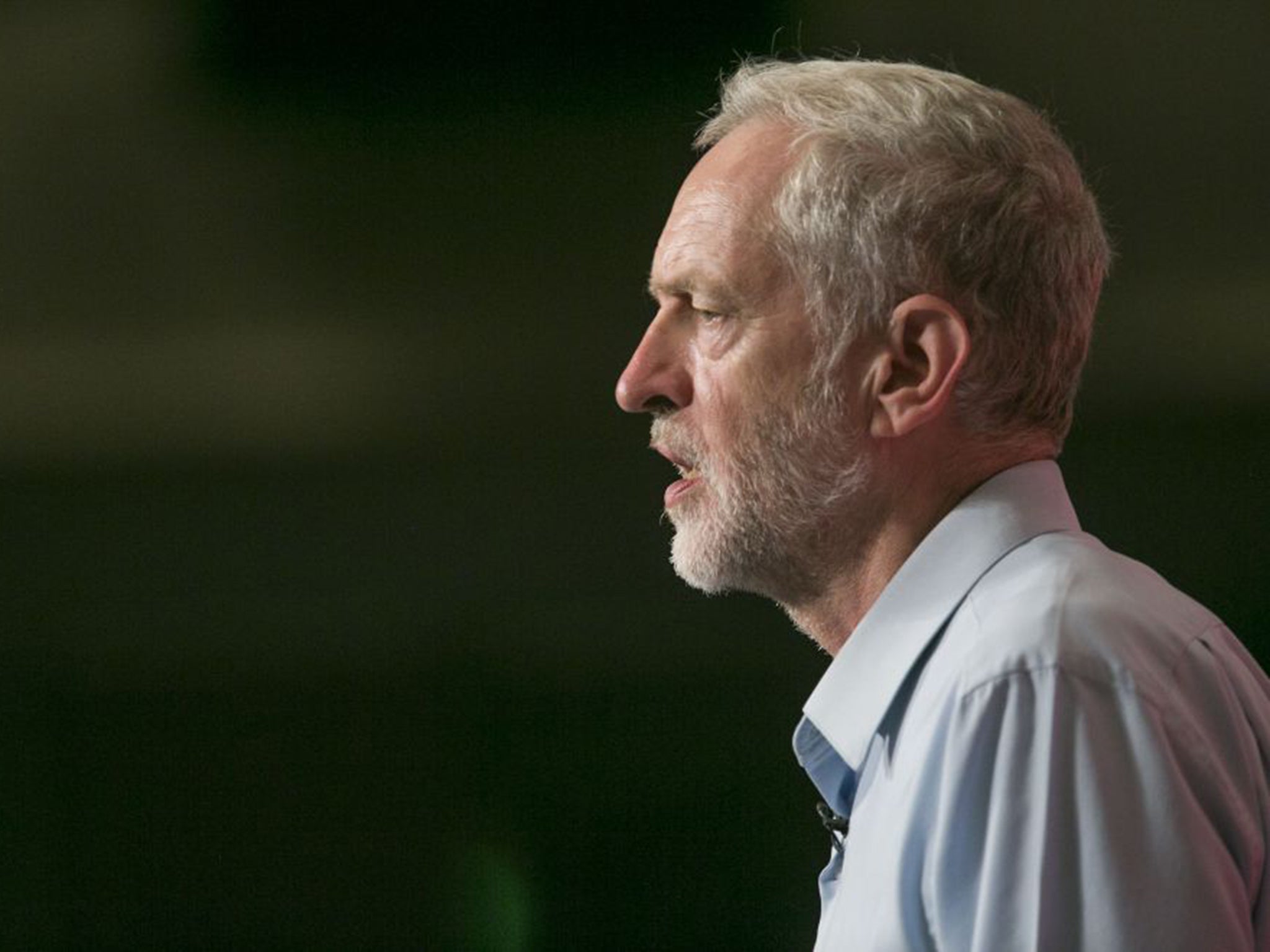
Some rejoined during Ed Miliband’s leadership. Some 55,000 people have signed up to Labour since its crushing election defeat in May. A third of them are under 30 and their most common age is 18. They seem to be flocking to Mr Corbyn, for whom the wheel has turned full circle since Mr Benn’s heyday. The now veteran left-winger did not think he had a chance of winning when he entered the leadership race after Mr Miliband’s resignation. But he has a real chance now. His surge, which has sparked a dull contest into life, is no miracle: below the radar, the party has changed back.
Ironically, Mr Corbyn needed nominations by MPs who will not vote for him to get over the qualifying hurdle. Some MPs proposed him to ensure a “debate”. Others nominated him so the hard left could again be vanquished, a mistake that would not have been made in Mr Blair’s day.
The Parliamentary Labour Party has changed too. On Mr Miliband’s watch, Unite got several sympathisers chosen as Labour candidates in safe seats, while the rival Progress group founded by Blairites saw several hopefuls in marginal seats defeated because the party did so badly.
The Blairites’ problem is that many of today’s party members seem to be enjoying the journey. Whenever the Government announces another spending cut, an email pings into my inbox from Mr Corbyn saying he will reverse it. The Liz Kendall camp calls it the “and everyone can have a unicorn” approach.
Mr Corbyn offers a perfectly respectable prospectus for making Labour feel good about itself. He might conceivably have become prime minister in Greece. But it is not a programme for government here. As Mr Miliband discovered, opposing every cut when the country has a huge deficit does not impress English voters.
If Labour members want to be part of a pressure group, railing impotently against the nasty Tories for the next 20 years, they should vote for Mr Corbyn. If they want to change the country, they should back someone else.

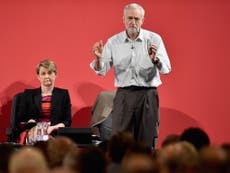
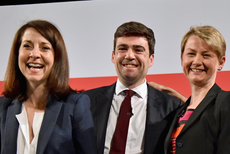
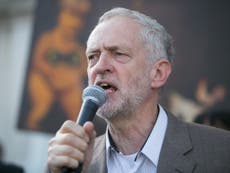
Join our commenting forum
Join thought-provoking conversations, follow other Independent readers and see their replies